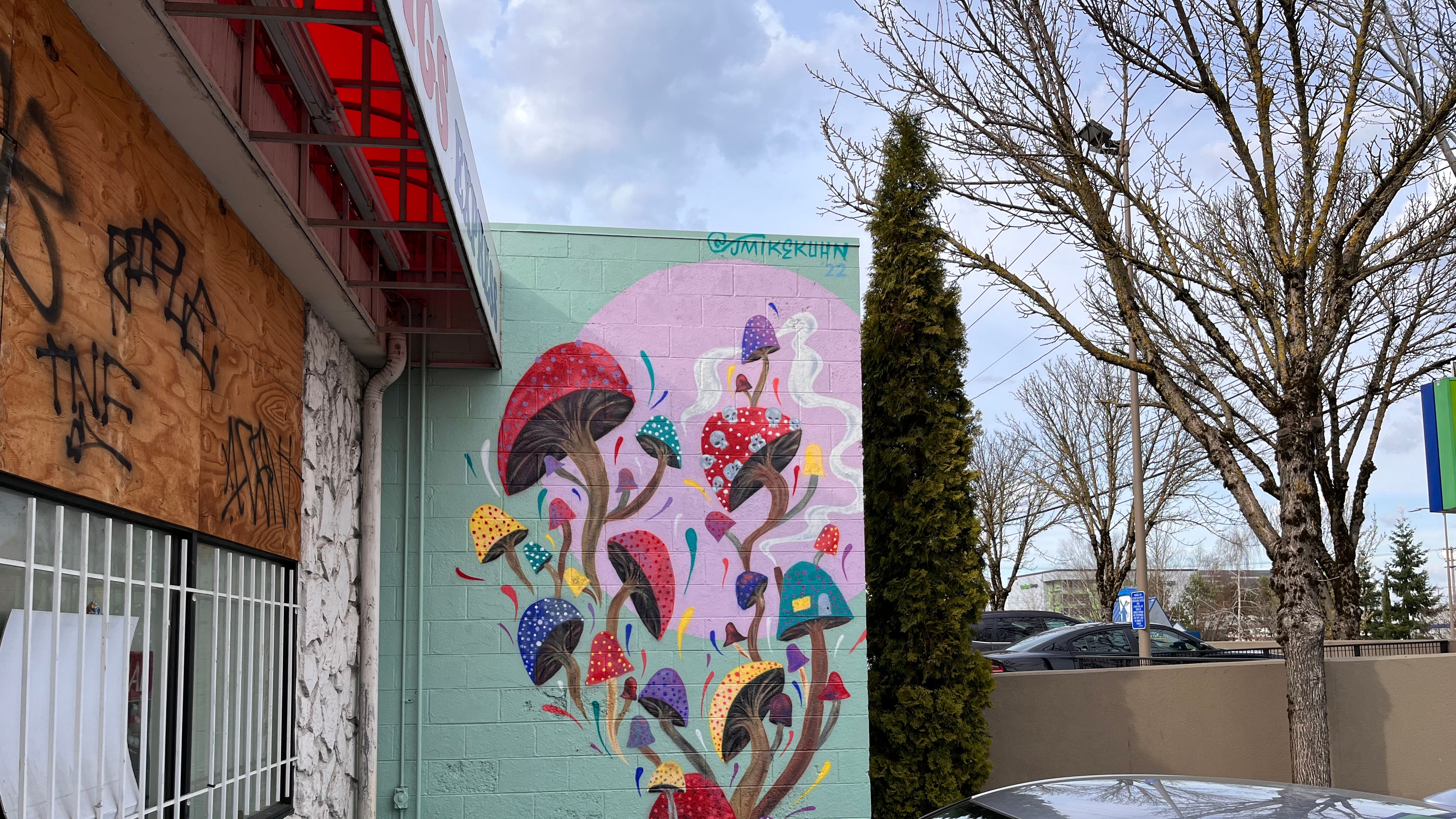Synaptic Institute Inc., a Portland-based group that trains facilitators for psychedelic experiences, says it scrapped plans to open its own psilocybin service center because the process is too “cumbersome.”
Synaptic founder Matthew Hicks addressed the issue during an April 28 webinar on Synaptic’s training.
“We’ve decided not to start that up,” Hicks said on the webinar. “It’s a cumbersome process to start a service center. It’s a lot of work. We’re going to stay in the training world for now.”
So far, service centers are the bottleneck in Oregon’s legal psilocybin program. Just three service centers have been licensed by the state of Oregon since the program began in January. Their antiseptic name describes an office where facilitators can lead clients on psychedelic trips.
Because psilocybin, the active ingredient in magic mushrooms, is illegal under federal law, service centers must operate under a slew of special state rules, making them costly to run. Service centers must have security systems, including specific arrays of cameras and a 375-pound safe to store psilocybin. Insurance is costly, and they can’t write off business expenses the way other businesses do, making it difficult to turn a profit. Atop all that, the state requires them to pay an annual $10,000 fee to operate.
Noah Heller, a software engineer who looked into opening a service center and instead became a critic of the state’s psilocybin regime, says there are too many training programs for facilitators and not enough service centers where those graduates can practice their newfound craft.
“It’s as if everyone wants to open a culinary school, and no one wants to open a restaurant,” Heller says.
Facilitator training programs are the only players in the psilocybin business that don’t have to pay a fee to the Oregon Health Authority to operate. Facilitators themselves must pay $2,000 a year. Like service centers, manufacturers of psilocybin and testers of the product pay $10,000. Workers in the industry must pay a one-time $25 fee. The fees are high because backers of Measure 109, the initiative that created the psilocybin program, thought it would have a better chance of passage if it didn’t require state tax revenue to fund its operation.
In an email explaining Synaptic’s decision, Hicks said the firm had hoped to have a service center as part of its facilitator training program. Synaptic and others offer practicums where students take psilocybin and work with people on psilocybin. With just three service centers in Oregon, spaces for practicums are limited. Synaptic, for one, also offers trips to Mexico and Jamaica, for an extra $2,400 (Jamaica) or $2,500 (Mexico), atop the $6,000 base tuition.
State rules made opening Synaptic’s own service center “cumbersome due to the separation necessary to protect our professional licenses (ND, LPC, etc.) and numerous other expensive requirements that we do not have the real estate or funds to cover,” Hicks said in his email.
Under state law, therapists certified by other boards are not allowed to offer those skills to psilocybin clients.
“We decided that without significant funding, or until federal law or OPS rules become more favorable, it was in our best interest to pause our pursuit of opening a service center and focus on sustaining our training program,” Hicks said. “We plan to contract with other service centers in the meantime to offer training experiences. We remain cautiously optimistic that with advocacy and patience the 109 model will work for those it is intended to serve.”
